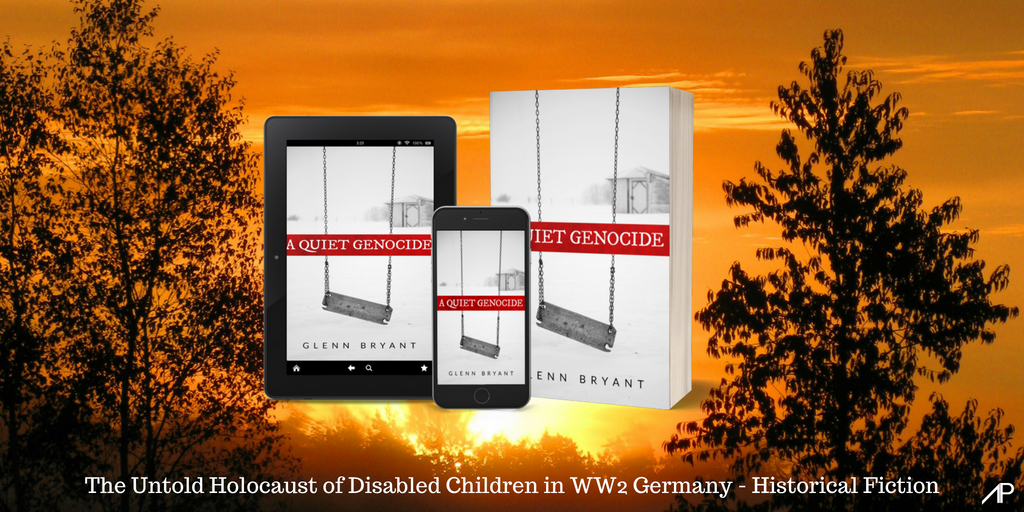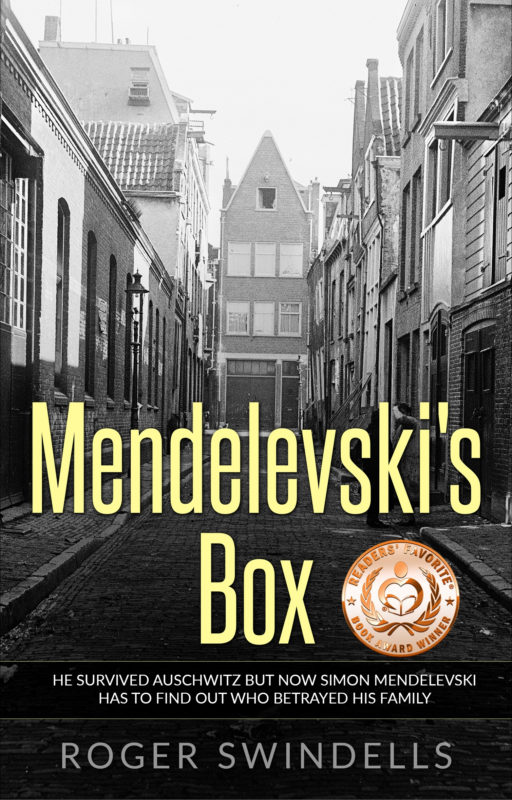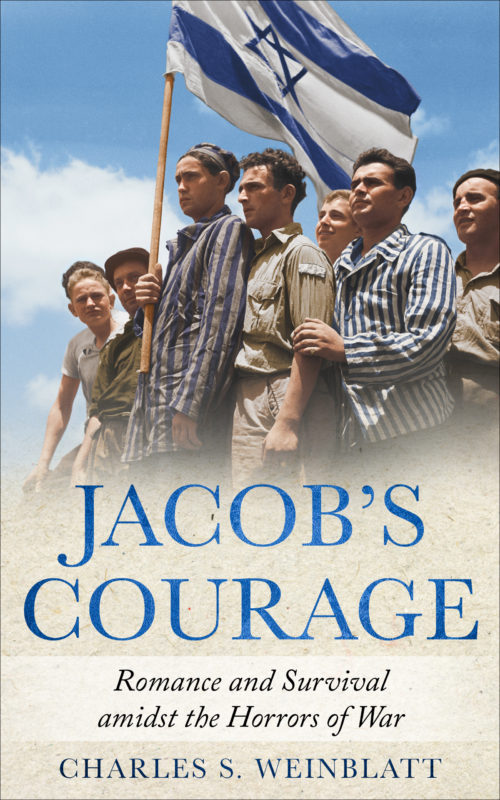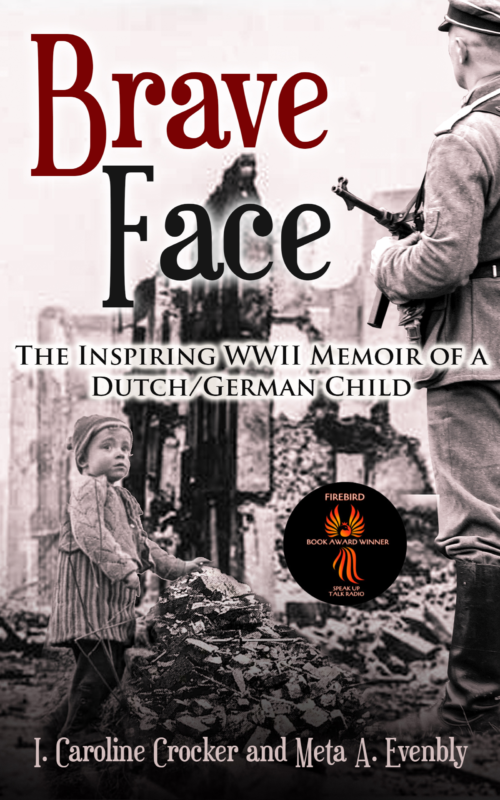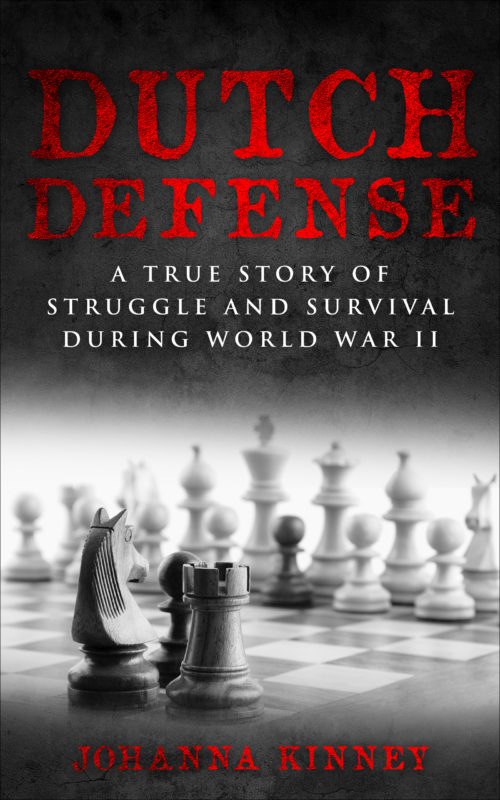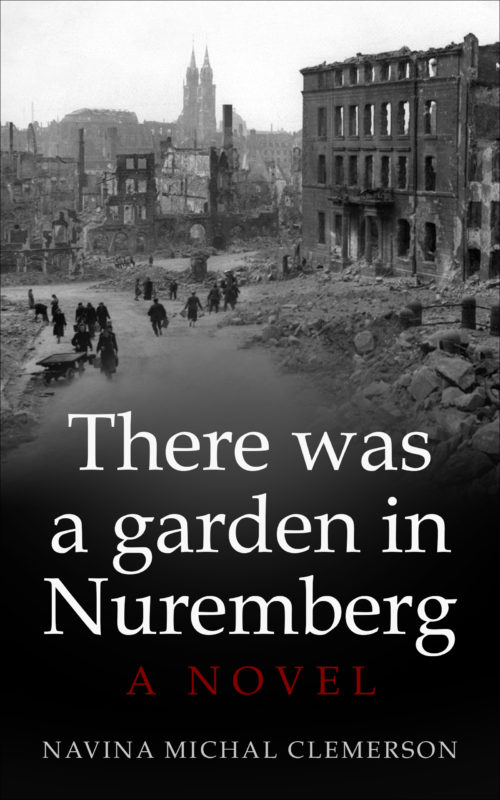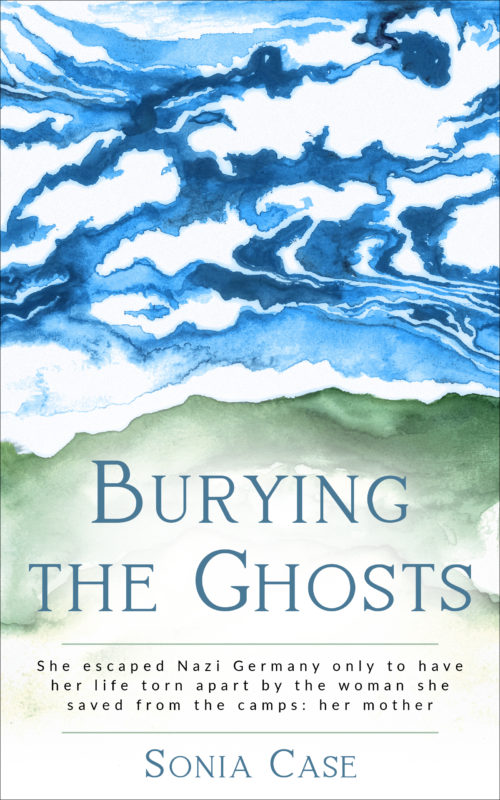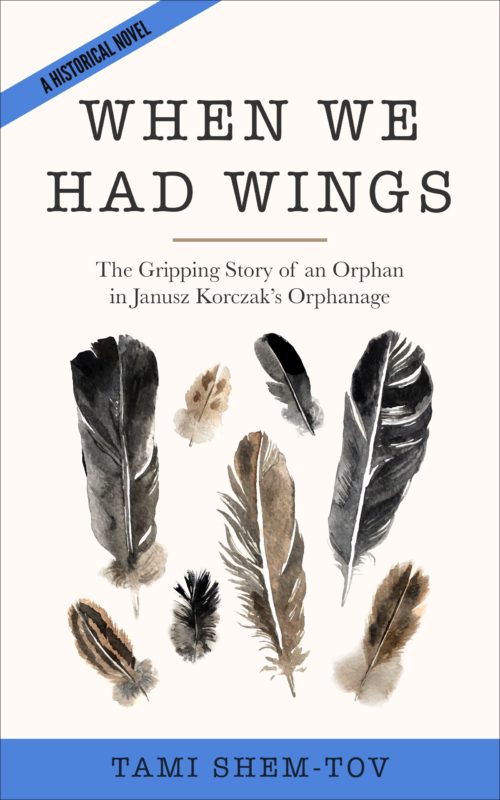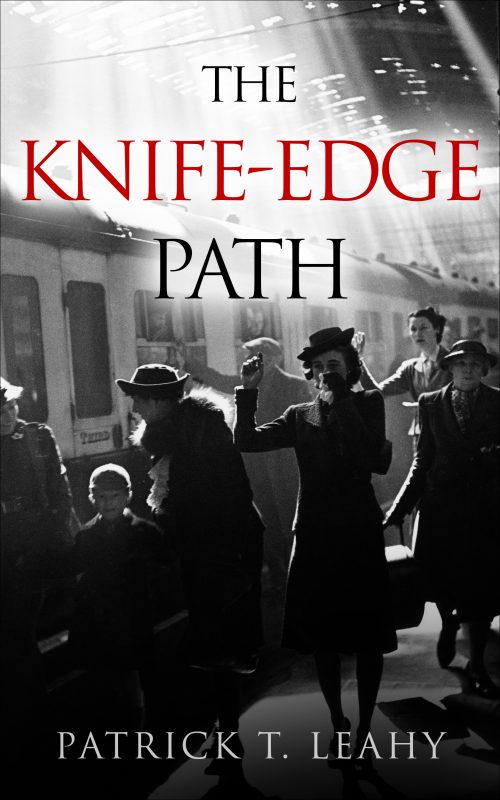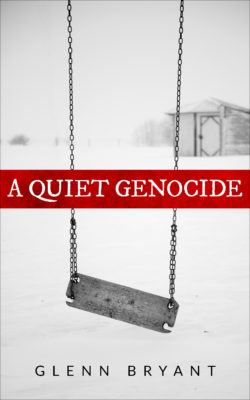
A harrowing WW2 novel
A Quiet Genocide is a compelling historical fiction novel for Young Adults based on true facts.
Fascinating and absorbing WW2 novel
Germany, 1954. Jozef grows up in a happy household – so it seems. But his father Gerhard still harbours disturbing National Socialism ideals, while mother Catharina is quietly broken. She cannot feign happiness for much longer and rediscovers love elsewhere. Jozef is uncertain and alone. Who is he? Are Gerhard and Catharina his real parents?
A dark mystery gradually unfolds, revealing an inescapable truth the entire nation is afraid to confront. But Jozef is determined to find out about the past and a horror is finally unmasked which continues to question our idea of what, in the last hour, makes each of us human.
A novel about a serious subject that is hardly ever the topic of a book. We very much hope you think it is worth your while.
Author Glenn Bryant on his interest in the Holocaust
“My total interest in the Holocaust has remained lifelong. It has never dimmed for even a day. Why? I’m not 100 per cent certain.
If I am being completely honest, perhaps it is the fact that the perpetrators of the Holocaust vindicated their crimes in all kinds of abhorrently warped ways, as if it was perfectly natural, perfectly normal to carry out the Final Solution to the Jewish question. And yet, as soon as the tide of war turned and defeat was inevitable, they fled and hastily tried to hide or destroy all evidence of their atrocities. If justice caught up with them years later in the courts, they were merely following orders, they repeated.”

